Heroes Without a Parachute
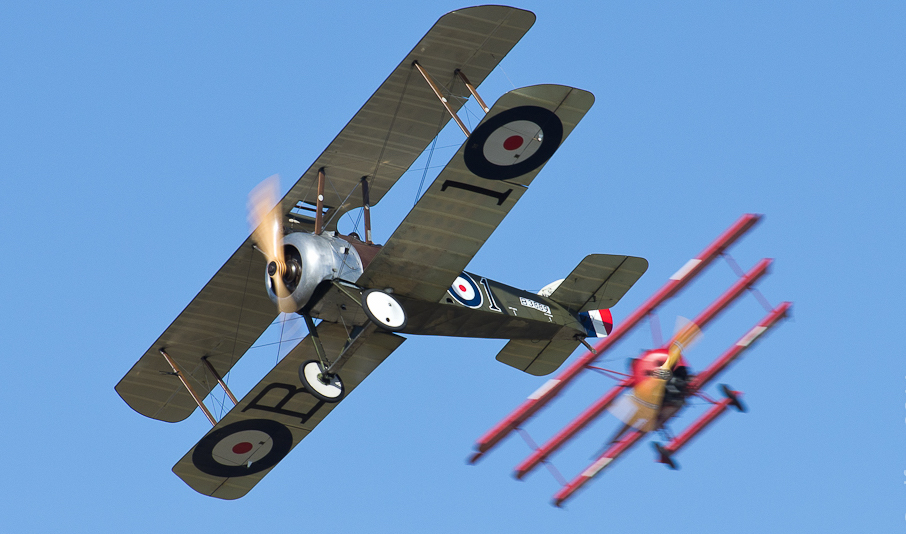
Full length drama. 3M. Running Time: 2 hours
The play follows the fortunes of three young men (based on real characters) who eagerly joined the fledgling Royal Flying Corps, formed a couple of years before the outbreak of war in 1914. This was at a time when the world was changing rapidly, and fascination with new technology was evident everywhere. And nothing symbolised it more than the wonder of the age – the aeroplane. For many the heady combination of speed, technology and excitement must have seemed irresistible.
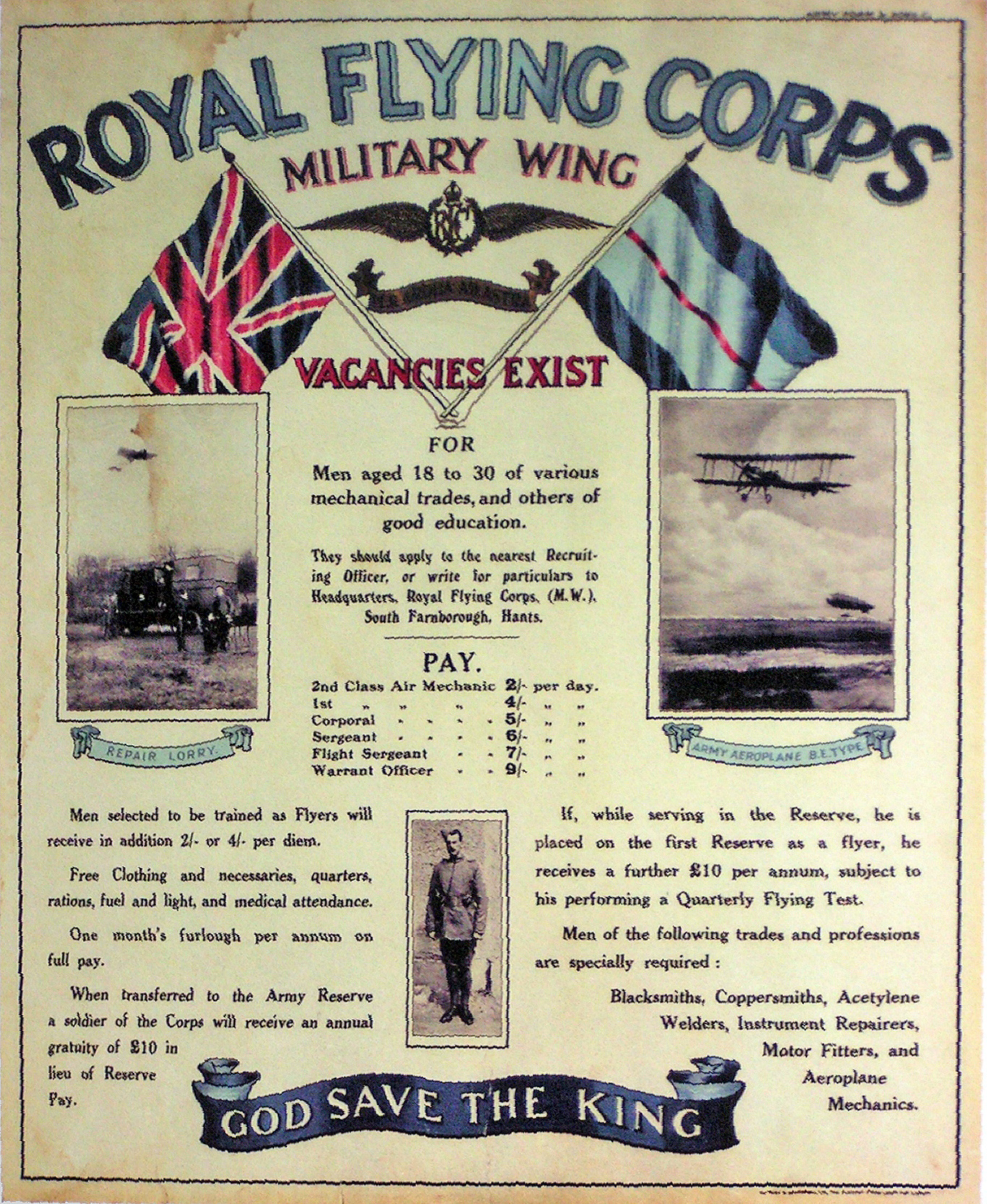
But as the war dragged on, youthful exuberance was replaced by harsh reality. By the spring of 1917 British air squadrons were losing 200 pilots a month, and life expectancy for a pilot was a pitiful eleven days. Flying in flimsy, primitive machines without a parachute, the unimaginable bravery of these extraordinary pioneering airmen was pivotal in determining the outcome of the war. And, while the way that wars are fought has changed dramatically, the human story at the heart of the play is no different today.
FOR A FREE PERUSAL SCRIPT CLICK HERE
Characters
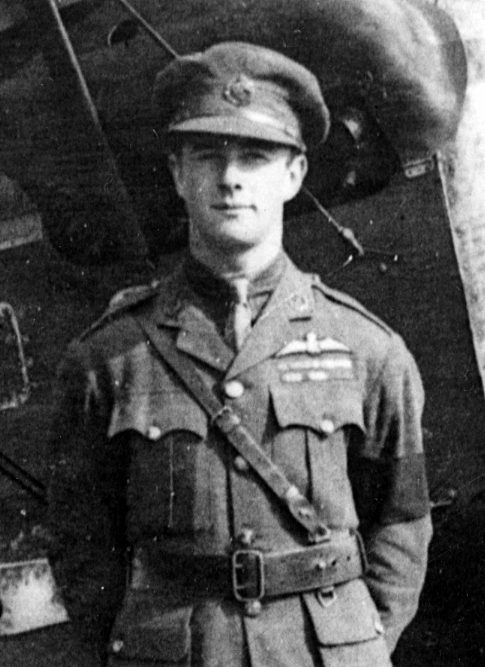
In August 1914 he went to France where he was allowed to fly as an observer. In January 1916, McCudden returned to England to learn how to fly and he was awarded his wings in April 1916. His success against the Germans and his overall leadership qualities were recognised when he was awarded the Victoria Cross in April 1918.
As with so many of the fighter aces of World War One, McCudden died young, but in a flying accident, not in combat. On July 9th 1918, his aeroplane suffered engine failure after taking off and he was killed in the accident. He was just 23 years old.
ROBERT LORAINE was a very famous West End actor and aviator who first
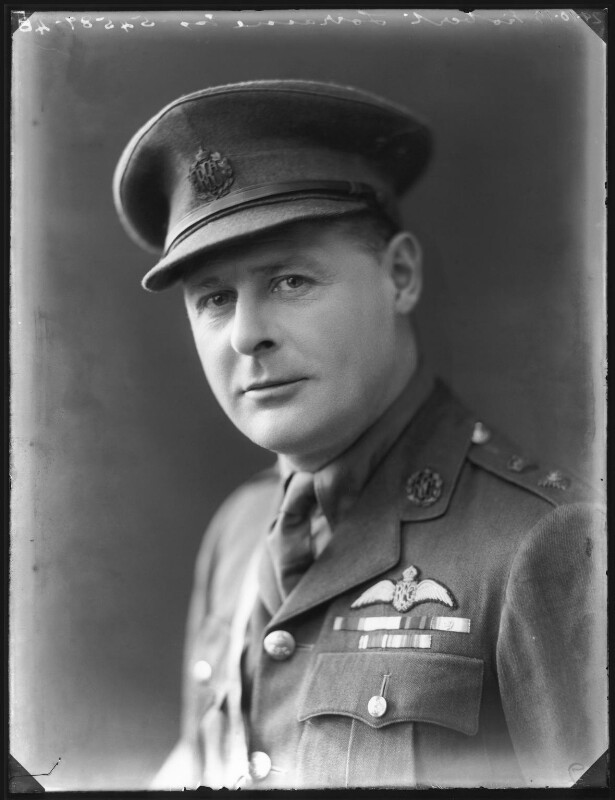
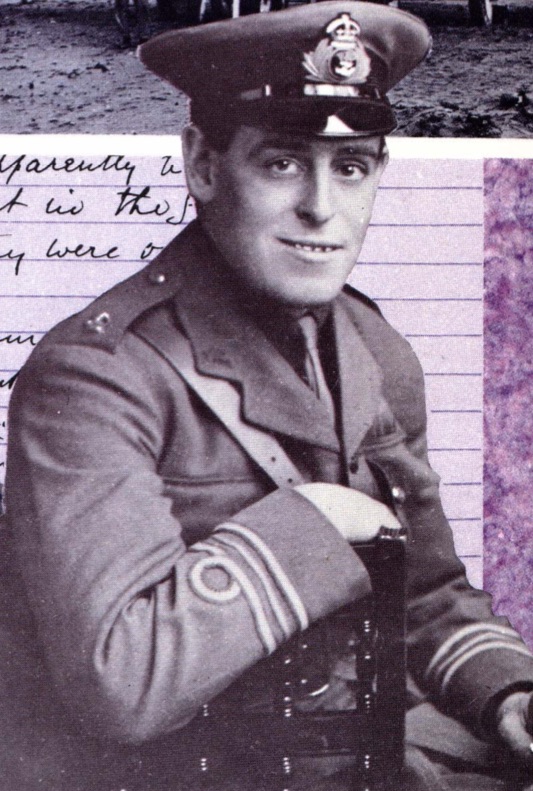
The action takes place in Robert Loraine’s London flat in 1926 and in Béthune, France in 1914
Set/props/costumes
Costumes
McCudden: Royal Flying Corps uniform – tunic, cap etc. Small pocket notebook (in which much of the script can be)
Loraine: 1920’s shirt/trousers
Khaki shirt, trousers, braces in 1914 scene – RFC tunic if available
Bosky: 1920’s suit/shirt/tie
Khaki shirt, trousers, braces in 1914 scene
Props/set
Robert Loraine’s flat:
Small table
1920’s typewriter
Easy chair
Small Bookcase or side table
Bottle of whisky
Whisky glasses
Photograph album
Scrap book with press cuttings
Sheaths of paper
Various books
Other set dressing as appropriate
Béthune cottage
Rough wooden trestle table
Folding wooden chairs table
Tilley lamp
Whisky bottle or two
Old newspapers (
Glasses
Spark plug
Small hamper
Sherry bottle
Earthenware bowl with cloth cover (Xmas pud)
Long Johns
For more information on this and other Derek Webb plays, email: info@derekwebb.co.uk
